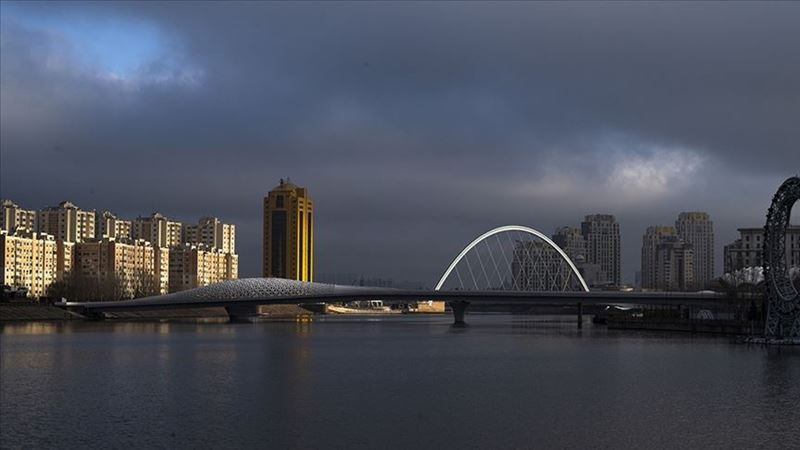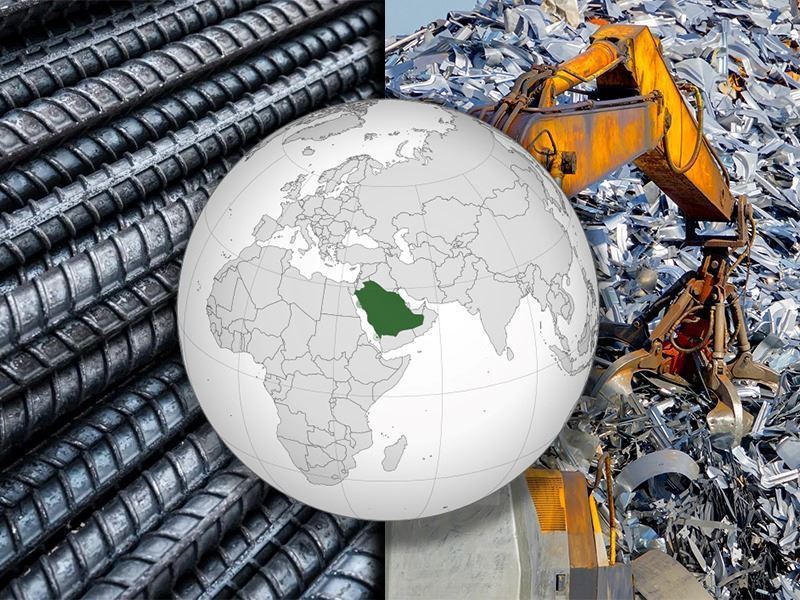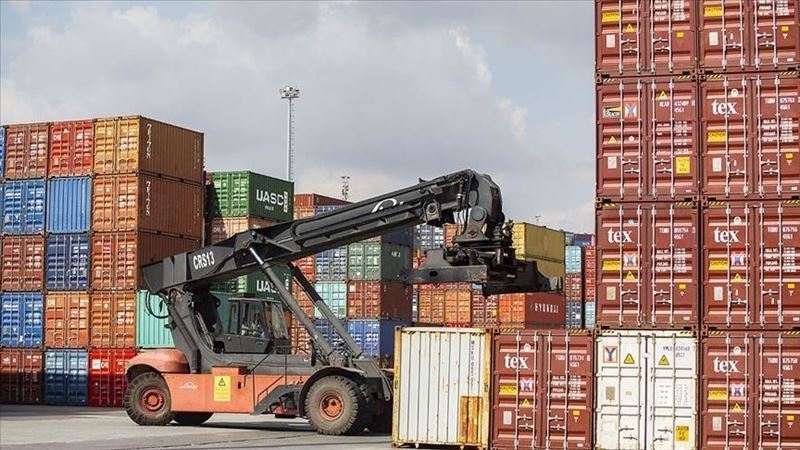Kazakhstan, which is the largest economy in Central Asia and will celebrate 33 years of independence this year, remains attractive for foreign investors.
According to the International Institute for Management Development (IMD), Kazakhstan has managed to rank among 35 competitive countries in the world.
Aiming to attract 150 billion dollars more in foreign direct investment by 2029, the Kazakh government is creating a favorable investment climate for foreign companies with steps such as reducing bureaucratic obstacles, introducing tax exemptions, not being subject to financial audits and protecting their legal rights.Kazakhstan, which is the largest economy in Central Asia and will celebrate 33 years of independence this year, remains attractive for foreign investors.
According to the International Institute for Management Development (IMD), Kazakhstan has managed to rank among 35 competitive countries in the world. Aiming to attract 150 billion dollars more in foreign direct investment by 2029, the Kazakh government is creating a favorable investment climate for foreign companies with steps such as reducing bureaucratic obstacles, introducing tax exemptions, not being subject to financial audits and protecting their legal rights.
Noteworthy in this context is the decree of Kazakhstan's President Kassym Generous Tokayev, signed in May 2024, on significant privatization of the economy.
“We will continue systematic steps aimed at improving the working conditions of investors in our country,” Tokayev said at the 36th meeting of the Council of Foreign Investors, which he chaired on October 31.
In Kazakhstan, the 9th largest country in the world in terms of land area and with rich reserves of “critical raw materials” other than oil and natural gas, the government prioritizes foreign companies to invest in the geology sector.
Currently, approximately 1.6 million square kilometers of land in the country is open for subsoil use rights for geological exploration.
Although the country wants to develop non-raw material sectors, oil still plays a major role in Kazakhstan's economy.
In the country, where oil production has tripled since independence, especially Western companies have predominantly invested in the sector in question.
The country aims to increase oil production to 100 million tons per year in the future.
At the same time, with more than 200 million hectares of agricultural land, the country promises great opportunities to foreign investors in this field.
In the agricultural sector in the country, more than 100 projects worth 5 billion dollars are planned to be realized with the participation of foreign investors.
Kazakhstan's transport and transportation sector also offers great opportunities for foreign investors. The government is particularly interested in projects to develop the infrastructure and logistics of the Trans-Caspian International Corridor across the Caspian Sea.
Every year, the “Global Investment Round Table” (KGIR) event is organized in Astana, the capital of Kazakhstan, where the investment potential of the country is introduced.
Hundreds of foreign investors came together this year at the event, which was attended by many foreign investors as well as experts. In his speech at the opening of the event, Prime Minister of Kazakhstan Oljas Bektenov said that 14 “special economic zones” are currently operating in the country.
Bektenov said that in these “special economic zones” tax and customs privileges were provided for foreign investors, the procedure for hiring foreign workers was simplified and administrative obstacles in front of the business world were reduced.
Haci Bayram Veli University Faculty Member Assoc. Prof. Dr. Esma Özdaşlı, who participated in the event from Turkey, told AA correspondent that the most important factors for foreign investors to prefer Kazakhstan are economic stability and incentives provided by the state.
Stating that 18 of the 34 critical raw materials identified as critical by the European Union are found in Kazakhstan, Özdaşlı said that Kazakhstan is currently aiming to attract foreign investment in non-oil fields.
Özdaşlı noted that Kazakhstan is very important in terms of the global supply chain due to its geography, and that the foreign investment of 23 billion dollars in 2023 points to the confidence of foreign investors in this country.
Stating that Turkish companies operate in different sectors in Kazakhstan, Özdaşlı said:
“Especially in recent years, with the increasing power of Turkey in the national defense industry, many agreements have been made between Turkey and Kazakhstan in terms of the production of military products and the development of military technology. The Turkish defense industry has important initiatives in Kazakhstan. At this meeting, we listened to the Prime Minister of Kazakhstan and other high-ranking officials, all of whom told us that Kazakhstan is waiting for foreign investors, especially when it comes to Turkey, and that more incentives are provided to Turkish investors with the closeness brought by that brotherhood.”











Comments
No comment yet.